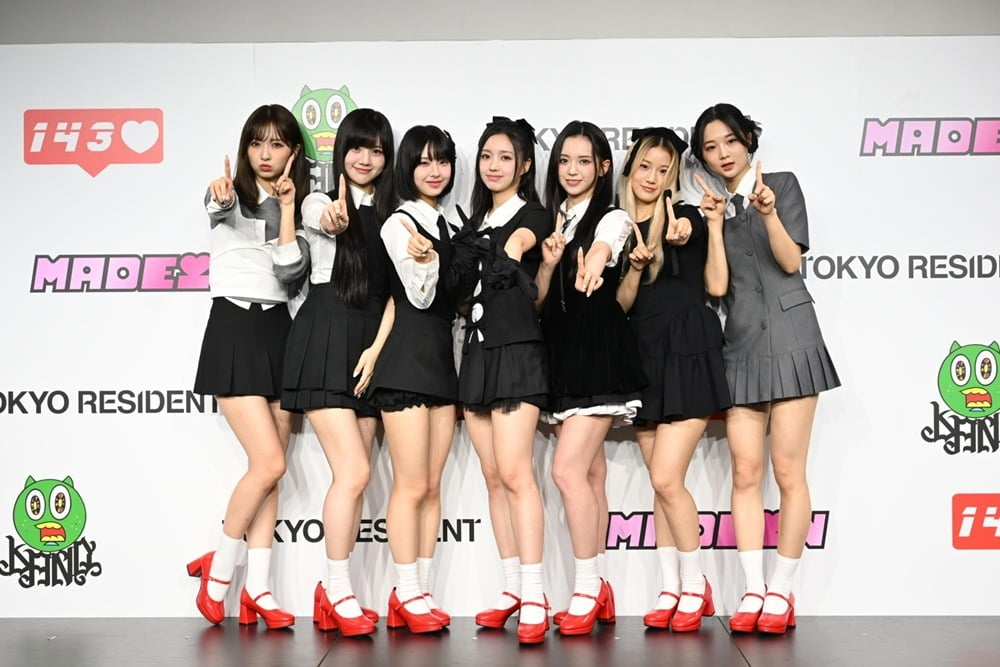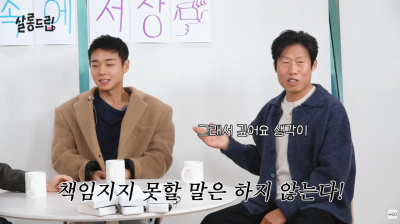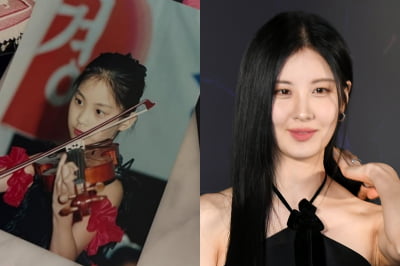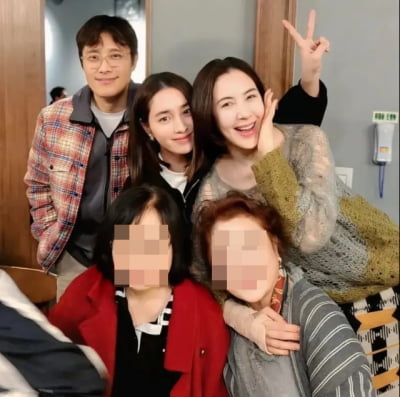ENTERTAINMENT
K-Pop Industry Under Fire: Allegations of Sexual Misconduct by Agency CEO Spark Outcry

On the 26th, the Child and Youth Media Human Rights Network (referred to as CYMHRN) addressed the recent allegations involving Maydin, stating, "Except for a few successful idols, the words of an agency CEO are absolute for idols who are about to debut or have just debuted. Bound by years of effort and exclusive contracts, the power of life and death is left to the agency. Even a legal dispute over a contract can cause idols to miss their prime time to perform. The shocking stories of sexual violence against young members by exploiting this overwhelming power disparity are deeply disturbing."
They further emphasized, "The power dynamics that make such incidents possible against children and adolescents require introspection from Korean society. In the K-POP industry, which demands individuals erase their personal identities and function solely as commodities, various forms of oppression and violence are inflicted on individual idols (trainees), which they must endure. These choices are thoroughly overshadowed by the success of glamorous stages, only surfacing when such incidents occur."
CYMHRN particularly criticized the Ministry of Culture, Sports and Tourism's lack of intervention and legal obligations, stating, "The current Popular Culture and Arts Industry Development Act addresses unfair contracts but does not adequately specify measures for the infringement of youth's rights to health and education during service provision. A proposed amendment to the Act, which included the Ministry's authority for investigation and inspection, was nearly passed in the last National Assembly but was scrapped due to opposition from the entertainment industry. Over 6,000 registered entertainment agencies operate businesses targeting children and adolescents, yet management and verification are severely lacking. Responsible intervention from relevant departments and legislative discussions for system improvement in response to this incident must happen swiftly."
On the 22nd, JTBC's 'Incident Chief' aired a report about a member of a multinational girl group, which debuted in September, alleging sexual misconduct by the agency's CEO.
The member, referred to as A, claimed in a recording, "I said, 'Please let me finish this activity. That's my wish,' and he replied, 'If I grant your wish, will you grant mine?' He then said, 'My wish is for you to be my girlfriend for a day. Will you do it?'"
A further alleged, "He asked, 'Can I kiss you?' and forcibly did so, trying to insert his tongue while I kept my mouth shut, and continued to lick my neck and ears. I wanted to protect my private parts, but he said, 'Move this,' and kept touching me. He asked, 'Can I touch your chest? Can I squeeze your butt just once?' I said no, but he continued for two hours."
In response, on the 23rd, Maydin's agency, 143 Entertainment, denied the allegations, stating, "There was no sexual misconduct or any sexual contact by coercion between the mentioned member and the CEO, and the reported content is not true."
They added, "The hotel-related content involving the member was also in the presence of acquaintances. The reported content is based on statements from others, not the member, and is not factual."

[Statement] Sexual Misconduct Allegations Against Entertainment Agency CEO Must Prompt Reflection in the K-POP Industry
On the 22nd, JTBC's 'Incident Chief' reported allegations of sexual misconduct by the CEO of Entertainment Agency A against a rookie girl group member, sparking controversy. According to the broadcast, a member who brought a friend of the opposite sex to the dorm was caught by the CEO, who allegedly locked the office door and committed sexual misconduct after asking the member to be his "girlfriend for a day" in exchange for allowing her to finish her current activities.
When the member's parents protested, the CEO reportedly promised to step down and cease personal contact, calling it a "clear mistake," yet continued to accompany the member on overseas schedules and sit next to her on flights. The member was reportedly traumatized and ceased activities due to health deterioration. The CEO allegedly pressured other members to decide whether to continue activities, warning of potential liability if the issue became public.
The revealed details are severe, yet Agency A has only stated that the allegations are unfounded. Considering the absolute power an agency CEO holds over a newly debuted idol in the K-POP industry, this cannot simply be dismissed as baseless.
Except for a few successful idols, the words of an agency CEO are absolute for idols who are about to debut or have just debuted. Bound by years of effort and exclusive contracts, the power of life and death is left to the agency. Even a legal dispute over a contract can cause idols to miss their prime time to perform. The shocking stories of sexual violence against young members by exploiting this overwhelming power disparity are deeply disturbing.
The power dynamics that make such incidents possible against children and adolescents require introspection from Korean society. In the K-POP industry, which demands individuals erase their personal identities and function solely as commodities, various forms of oppression and violence are inflicted on individual idols (trainees), which they must endure. These choices are thoroughly overshadowed by the success of glamorous stages, only surfacing when such incidents occur.
The Ministry of Culture, Sports and Tourism's lack of intervention and legal obligations is questionable, and the current Popular Culture and Arts Industry Development Act addresses unfair contracts but does not adequately specify measures for the infringement of youth's rights to health and education during service provision. A proposed amendment to the Act, which included the Ministry's authority for investigation and inspection, was nearly passed in the last National Assembly but was scrapped due to opposition from the entertainment industry. Over 6,000 registered entertainment agencies operate businesses targeting children and adolescents, yet management and verification are severely lacking. Responsible intervention from relevant departments and legislative discussions for system improvement in response to this incident must happen swiftly.
November 26, 2024
Child and Youth Media Human Rights Network
Choi Ji-ye, Ten Asia Reporter wisdomart@tenasia.co.kr



